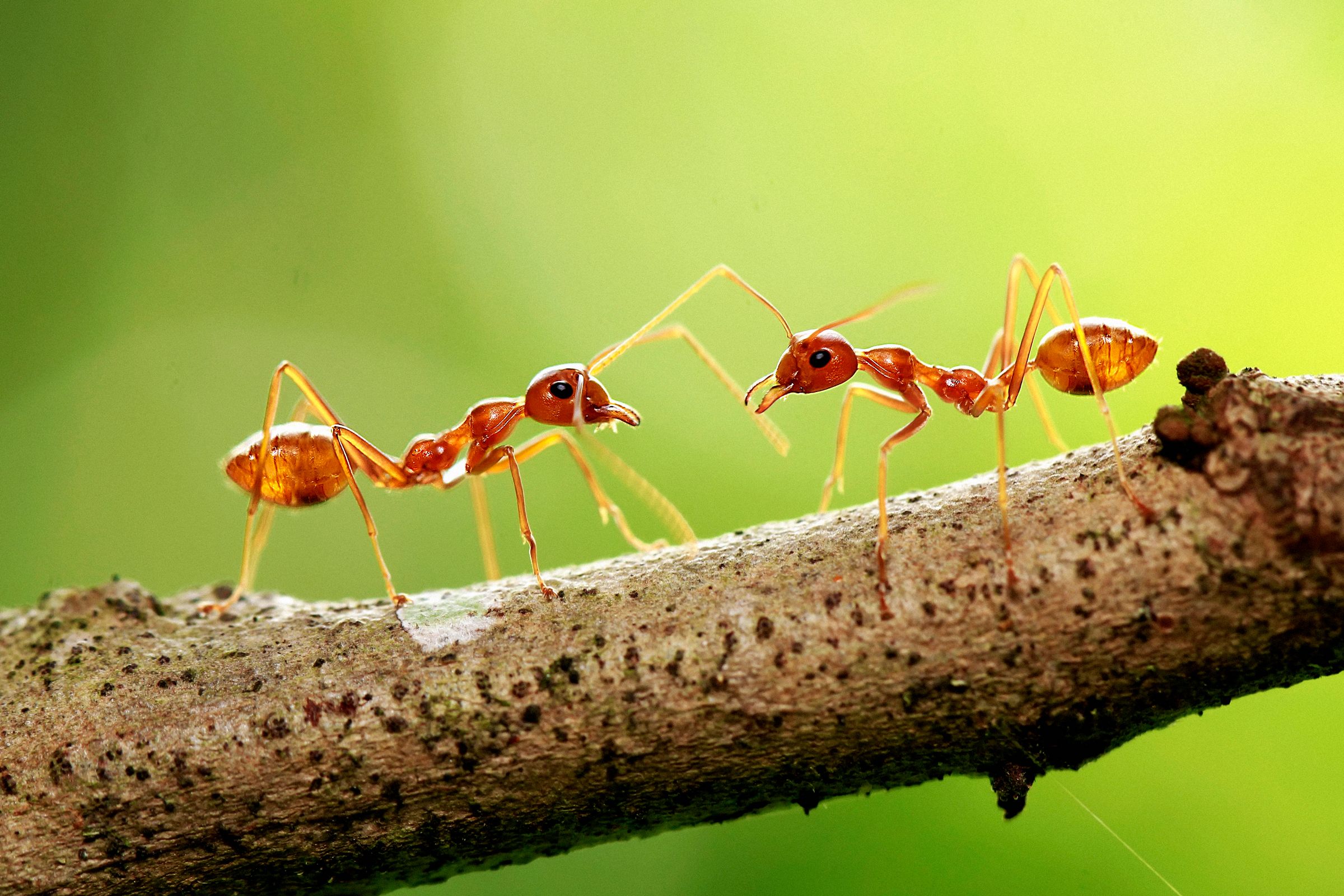Government Staffing Cuts Have Fueled an Ant-Smuggling Boom
Recent cuts to government staffing in crucial departments have inadvertently led to a surprising consequence: an increase in ant smuggling.
As border patrol and customs officials find themselves stretched thin due to reduced resources, opportunistic smugglers have turned to trafficking ants across borders for profit.
These tiny insects may seem insignificant, but certain species of ants are highly prized for their unique abilities and traits, making them a valuable commodity on the black market.
Ant smuggling operations have been discovered in various parts of the world, with sophisticated networks exploiting loopholes in border security measures to transport these insects undetected.
The rise in ant smuggling has raised concerns among environmentalists, as the illegal trade poses a threat to native ant populations and can disrupt fragile ecosystems.
Despite efforts to crack down on ant smuggling, authorities are struggling to keep up with the sophisticated tactics employed by smugglers who are constantly adapting to evade detection.
The increase in ant smuggling serves as a stark reminder of the unintended consequences of government staffing cuts and the need for adequate resources to combat illegal activities.
Experts are calling for increased funding and support for border enforcement agencies to prevent further escalation of the ant smuggling crisis.
In the meantime, the booming ant smuggling business continues to thrive, driven by the demand for exotic ant species and the lucrative profits that can be made from their illegal trade.
It remains to be seen how authorities will respond to this growing threat and what measures will be taken to address the challenges posed by the rise of ant smuggling.



